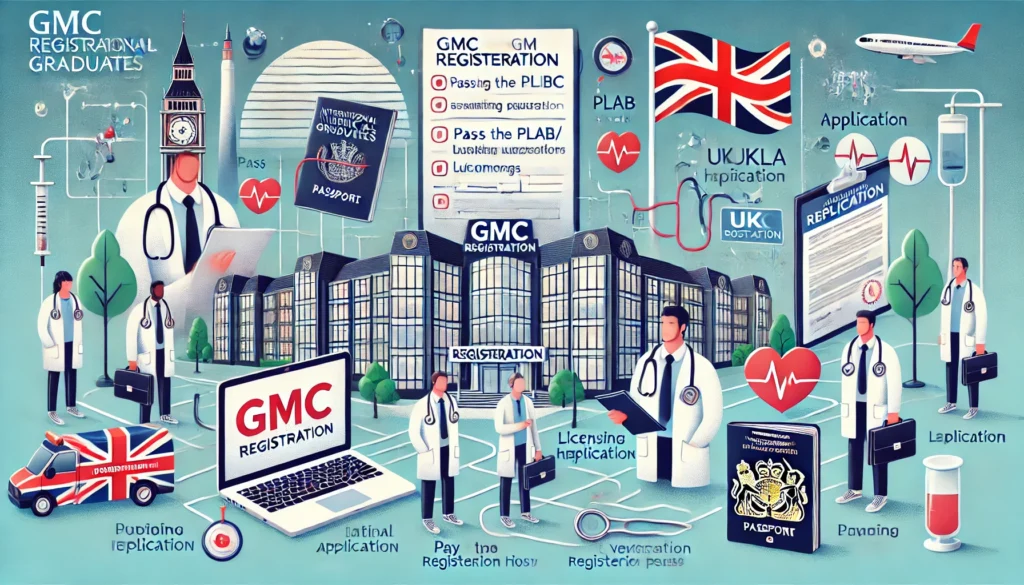Writing Strategy: Use Comparative and Superlative Adjectives
Superlative and comparative adjectives are employed to compare items or identify their differentiators. Comparative adjectives compare two persons, entities, objects, or places, while superlative adjectives can compare more than two things. Utilizing these adjectives in your writing is a great way to highlight the distinction, distinguish, and clear the details. This is crucial to pass the writing section of the OET Test. Learn to use superlative and comparative adjectives to enhance your writing skills.
Reading Strategy: Learn Collocations
Collocations are two or more words that usually go together. Knowing collocations is important for predicting what comes next in a reading passage and understanding the meaning of phrases. Many reading questions in the OET exam require knowledge of collocations to find the correct answer. Building your knowledge of collocations by reading, listening, and watching a variety of materials will improve your reading skills and help you become an advanced user of English.
Listening Strategy: Listen to Weird and Unfamiliar Topics
Listening to a variety of topics, even those that may seem weird or unfamiliar, exposes you to new and interesting vocabulary. This helps improve your understanding and range of vocabulary, which is crucial for the OET exam. TED Talks and podcasts are great resources for listening to a wide range of topics and expanding your English vocabulary.
Speaking Strategy: Develop Your Connected Speech Skills
Connected speech refers to the way words are linked together in natural speech. Learning how to link sounds, delete sounds, and add sounds between words improves your fluency and pronunciation. Practice these techniques to enhance your speaking skills and communicate more effectively.
Connected Speech: The Key to Improving Your English Skills
Connected speech occurs when sounds blend together to create a new sound. For example, the phrase “don’t you” sounds like “don’tcha.” This happens when a word ends with the same consonant sound that the next word begins with. By blending the sounds together, we create a longer sound.
So why is connected speech so important? Well, if you pronounce each word individually, you’ll sound strange, like a computer trying to talk. You must have connected speech, natural rhythm, pace, and stress to achieve a high pronunciation score on your speaking test. Developing skills in connected speech will significantly help you reach your goal.
How to Improve Your Connected Speech Skills
There are two ways you can work on developing your skills in connected speech:
- Listen to Others: Try to listen to various accents, such as American, Australian, British, etc. When watching anything in English, use subtitles to listen and read simultaneously. You can also listen to audiobooks while reading them and podcasts that provide transcripts.
- Speak More: Mimic the speech of native speakers by listening to TV shows, YouTube videos, podcasts, or any recordings. Record yourself in the video and compare your speech to the original. This is also a great practice tool for improving your speaking skills.
Practicing connected speech will instantly improve your listening, reading, writing, and speaking skills. Remember to use comparative and superlative adjectives for writing, learn collocations for reading, listen to weird and unfamiliar topics for listening, and develop your connected speech for speaking.









